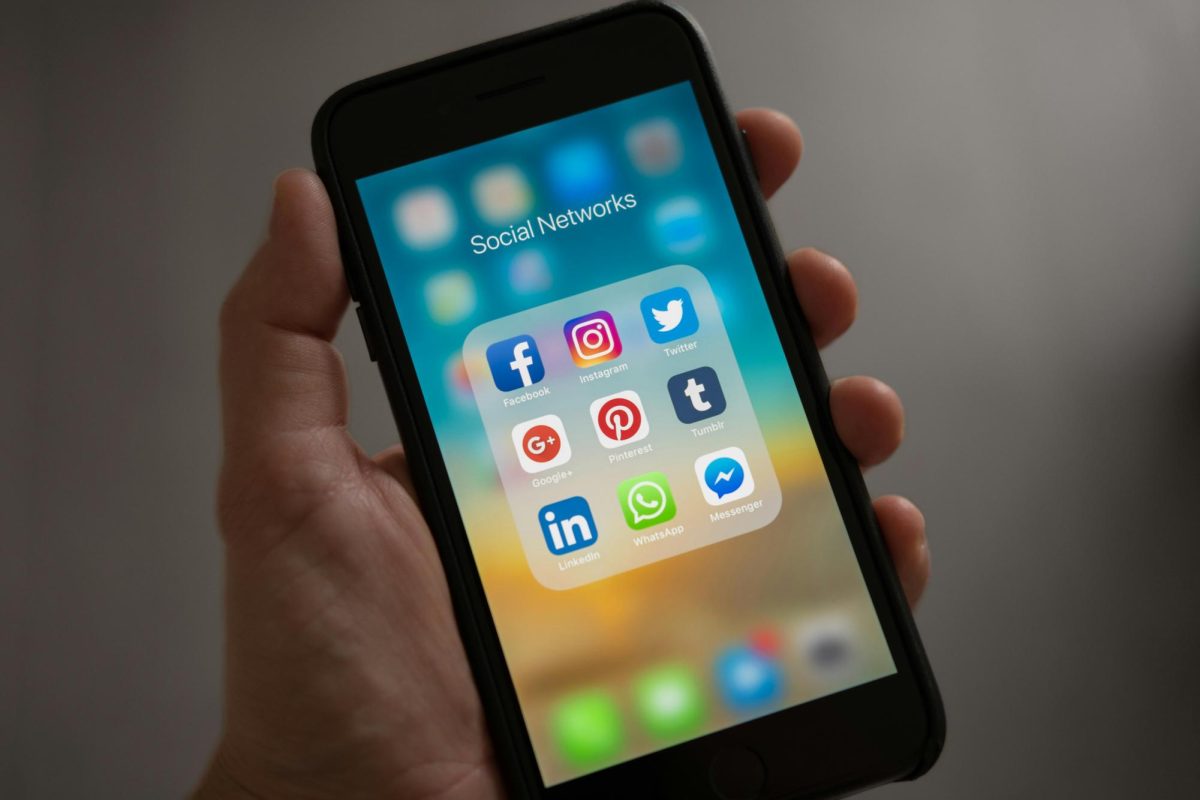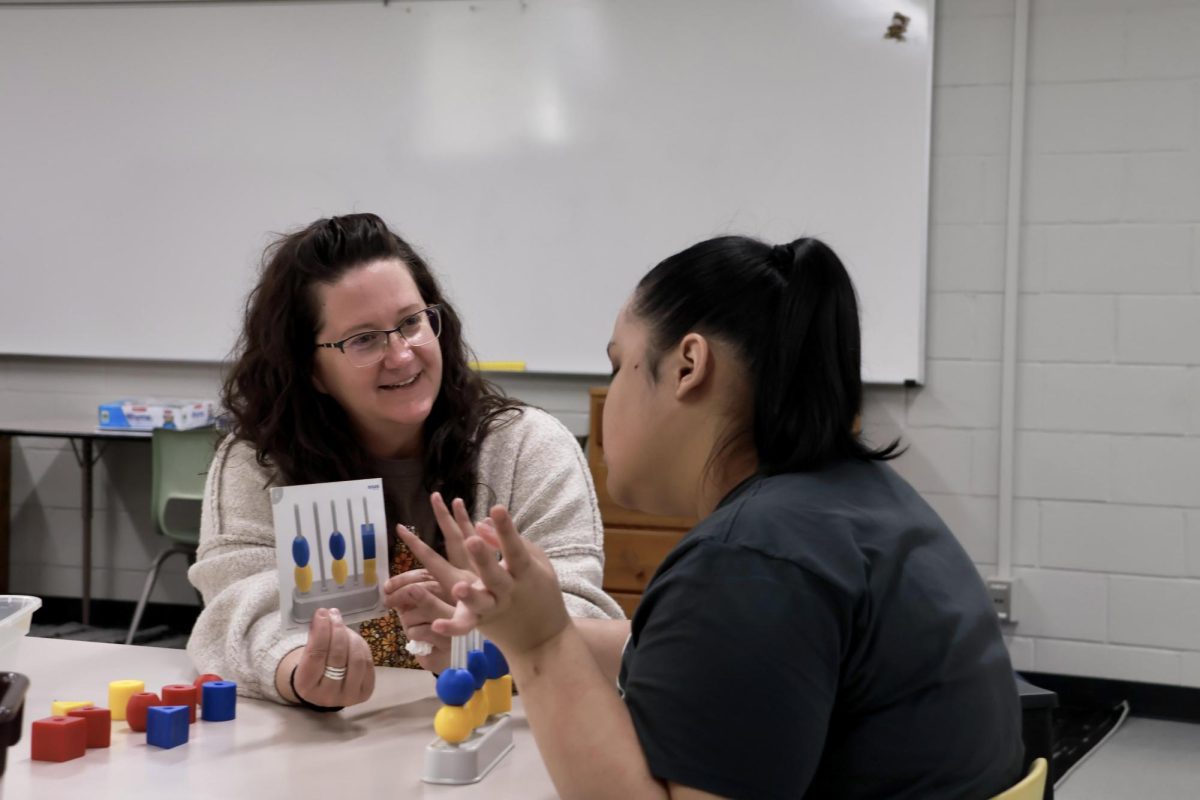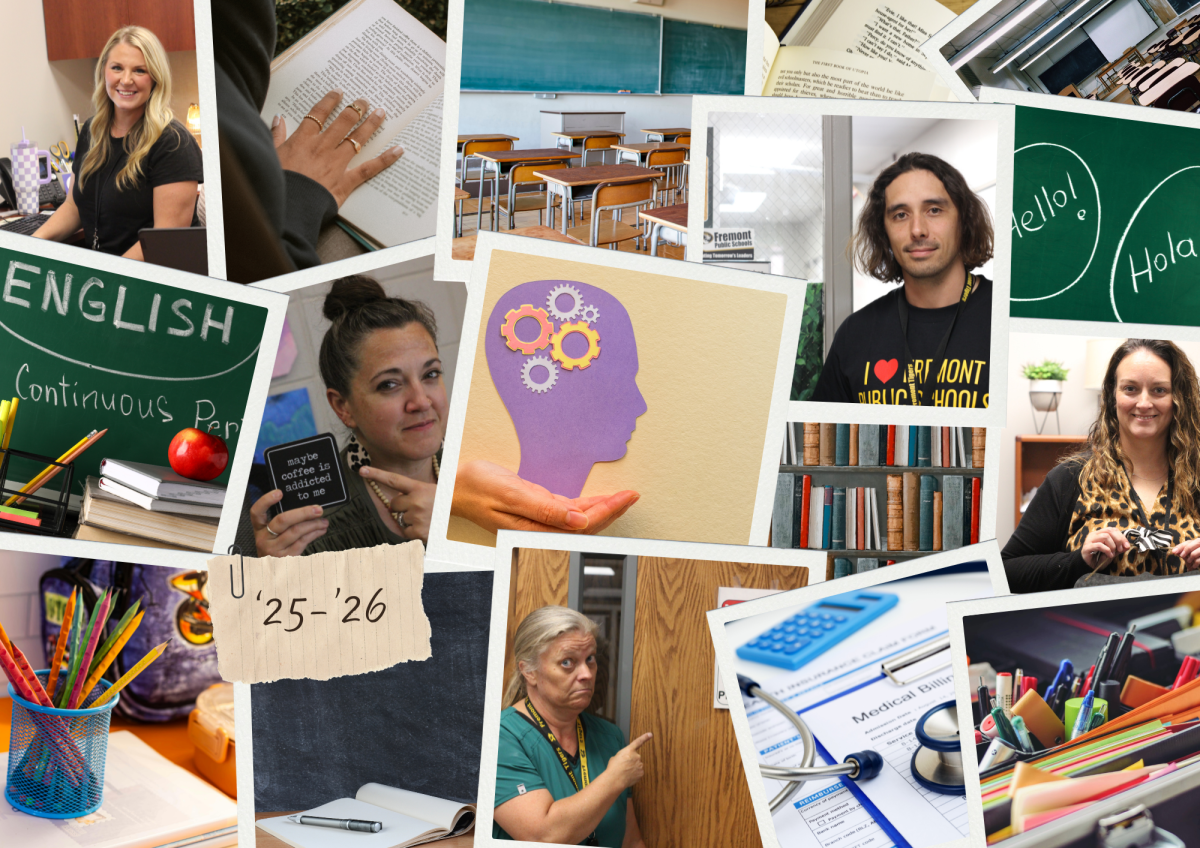Instagram, Snapchat, TikTok and many other social media platforms have taken over the minds of teenagers. These platforms have negative impacts on teens, which can affect their everyday lives.
According to Mayo Clinic, social media does not affect teens the same way. Some of the common negative effects of social media are distractions from school, disrupted sleep, exposure to cyberbullying, and teens are often led to biased or false information about other people’s lives.
A major negative impact of social media on teens is that it puts their mental health at risk. It can increase both depression and anxiety. Even with all of these consequences, most teens today would rather look at their screens than hang out with their family or friends. Anybody can agree that it is a bland life with nobody to talk to in person.
In 2013 and 2014, data was collected from a study of more than 6,500 12 to 15-year-olds. The information gave researchers the conclusion that only three hours of social media can lead to a higher risk of mental health concerns. Today’s society should be worried about how much worse this can get, and find solutions to this issue.
Even with the new technology always coming in, not everyone might want to have it or even be on their screens the entire time. There seems to be at least one person who doesn’t like being on their phone the entire time during school, but they have to because everyone else is on their phone.
They are either scrolling mindlessly through the endless videos on social media platforms, or they are texting their own friends, saying things like “This class is so boring” or “I want school to be over already.”
Teenagers are not living in the present moment. They think they are, but really they are living life on autopilot. They look at everybody else’s lives, wondering why theirs is so boring. They are not making important memories with the ones they love. They plan days to hang out with friends, but when the time comes they either “forget” or make up an excuse saying they can’t hang out with their friends that day. When parents or siblings ask them if they want to do something today or this weekend, the teenagers will say “I don’t know” and then go back to looking at their screens.
The problem is that it is not only teenagers who are addicted to their phones. It is also adults and little kids too. The new parents of today’s society are not giving their children the childhood that they deserve. The parents think that they are doing their job by taking care of their child, but when it comes to making memories and connections with them, they don’t try. When their children are trying to get their parent’s attention because they want to play with them or show them something, the parents just glance over from their screen to make sure the child is okay, but they do nothing more.
If this behavior continues, the next generations will all be like today’s society, not living the life that they should have. This is why teenagers should appreciate the teachers who don’t let them have their phones out, and those small moments that bring them joy. The in-person conversations and moments with friends and family are key to having good relationships with those people, and it is the key to living a full and happy life.


















